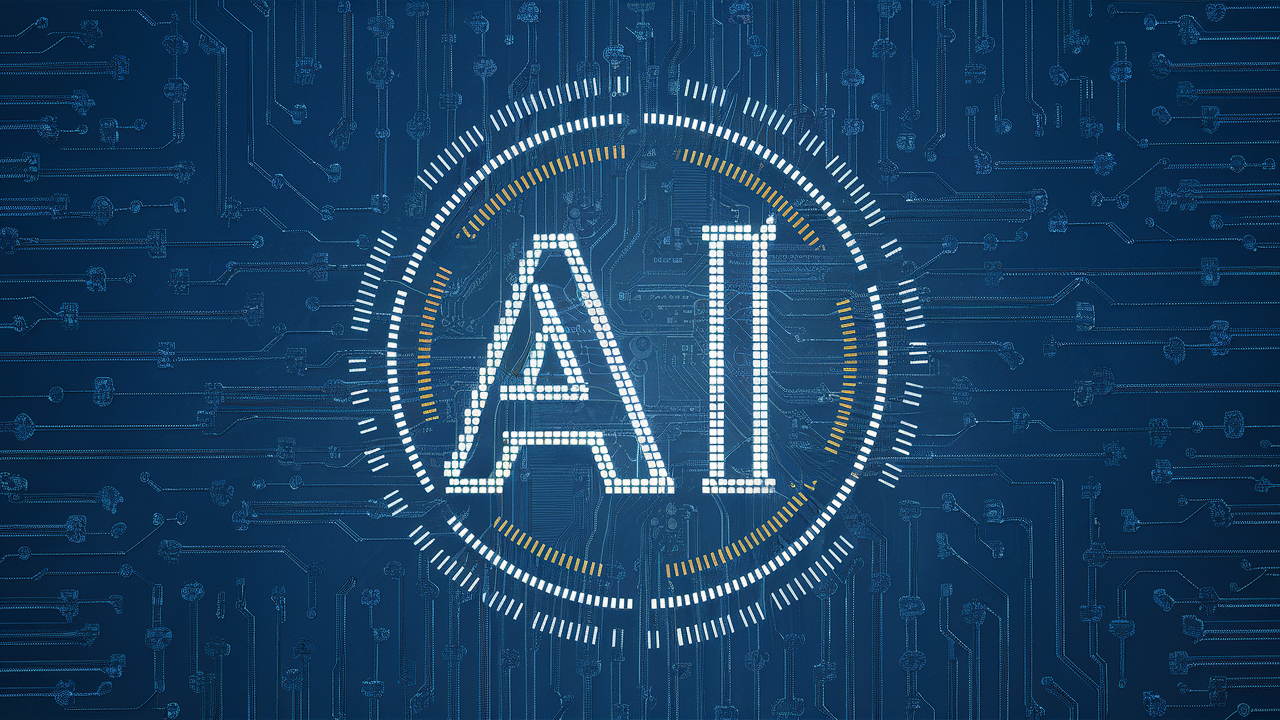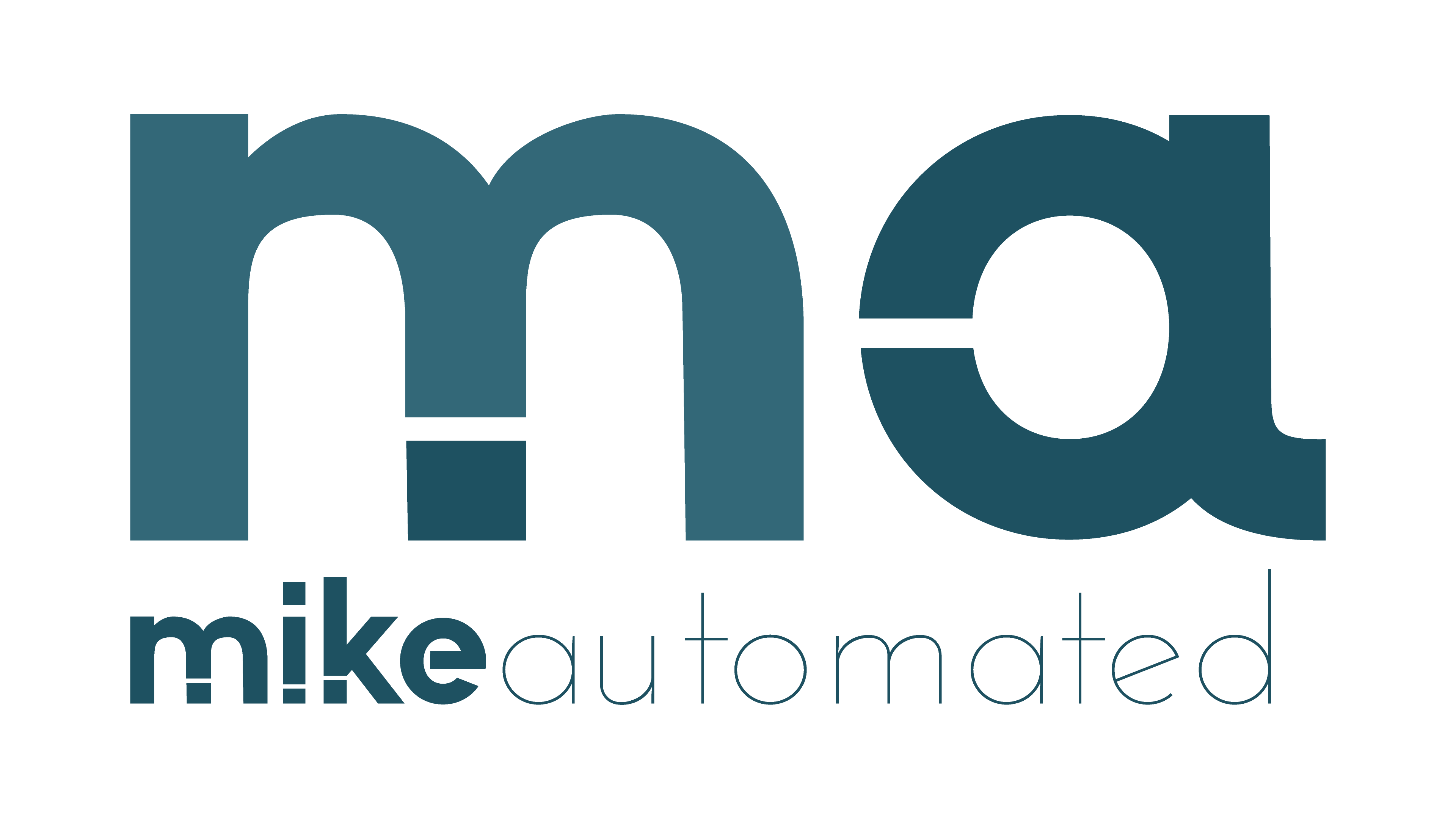TL;DR:
- AI-Powered CRMs improve customer relationship management by automating routine tasks and delivering actionable insights.
- They use machine learning to personalize customer interactions and predict buying behaviors.
- AI helps sales teams prioritize leads and close deals faster with predictive analytics.
- Natural language processing (NLP) enhances communication through smarter email tracking and chatbot integration.
- Integrating these tools into your business streamlines workflows and increases overall sales performance.
How AI-Powered CRMs Are Revolutionizing Customer Management
Customer Relationship Management (CRM) systems are no longer just for storing contact details. AI-powered CRMs leverage artificial intelligence to analyze data, automate tasks, and enhance customer interactions. This transition is not just a trend—it’s quickly becoming essential for businesses that want to stay competitive.
By using AI, modern CRMs simplify sales processes, boost productivity, and improve customer satisfaction. But how exactly do these tools work? Let’s explore.
What Are AI-Powered CRMs?
An AI-powered CRM combines traditional CRM functionalities with AI technology to deliver smarter, more intuitive tools for managing customer relationships. Unlike their static predecessors, these systems actively learn from data to provide actionable insights and automate repetitive tasks, such as logging emails, scheduling follow-ups, or categorizing leads.
For example, tools like Salesforce Einstein and HubSpot’s AI features analyze customer behavior to personalize communication and predict future interactions. This provides sales and marketing teams with data-driven recommendations, reducing guesswork and improving outcomes.
Key Features of AI in CRMs
- Predictive Analytics: AI can analyze past customer behavior to predict future actions. This helps sales teams focus on high-value opportunities.
- Automation: Routine tasks like updating contact records or sending reminder emails are handled automatically.
- Natural Language Processing (NLP): Enables smarter interactions through chatbots, email tracking, and conversation analysis.
- Personalization: AI tailors marketing messages based on customer interests and buying habits.
- Sentiment Analysis: Analyzes customer sentiments to identify dissatisfaction or enthusiasm in real time.
How AI-Powered CRMs Improve Sales Processes
Sales teams often face challenges like identifying the right leads, managing follow-ups, and closing deals efficiently. AI-powered CRMs solve these pain points by transforming raw data into actionable insights.
1. Lead Scoring and Prioritization
AI algorithms analyze data from email campaigns, website interactions, and previous purchases to rank leads based on their potential value. This helps sales representatives focus their efforts on those most likely to convert.
Example: A realtor using an AI-powered CRM can prioritize follow-ups with buyers showing urgent interest, such as those frequently visiting property listings.
2. Predictive Sales Forecasting
AI improves forecasting accuracy by analyzing historical data alongside current trends. It provides actionable recommendations, such as suggesting optimal pricing strategies.
Tip: Use predictive sales forecasting to prepare for market shifts and allocate resources effectively.
3. Automating Repetitive Tasks
Manually updating CRM entries or performing routine tasks drains time. AI automates these processes, ensuring sales professionals can focus on closing deals instead of administrative work.
4. Smarter Communication
NLP features within CRMs analyze language patterns to optimize email campaigns and chat responses. Chatbots powered by AI can handle basic customer inquiries, freeing up human agents for complex issues.
Enhancing Customer Engagement Through AI
Customer experience (CX) is a defining factor for business success. AI-powered CRMs streamline CX by delivering personalization and faster response times.
1. Personalized Recommendations
With AI, businesses can analyze individual customer preferences to provide customized product suggestions or offers. This improves conversion rates and builds brand loyalty.
Example: An online retailer might use an AI-powered CRM to recommend winter jackets to a customer who recently purchased a scarf.
2. Real-Time Support
AI-driven chatbots enable businesses to offer 24/7 support, addressing customer issues anytime they arise. Chat transcripts are stored in the CRM for human agents to review if needed, making it a seamless experience.
3. Sentiment Analysis
Analyzing customer feedback through social media, emails, or reviews reveals overall sentiment. AI detects negative patterns early, allowing businesses to address dissatisfaction before it escalates.
Practical Use Cases of AI-Powered CRMs
Here are a few real-world examples of how businesses use AI-powered CRMs to achieve their goals:
- E-commerce: Platforms like Shopify use AI to suggest products and forecast inventory needs based on purchase trends.
- Healthcare: Medical providers use AI CRMs to predict patient needs, automate appointment reminders, and improve follow-up care.
- Real Estate: Realtors use AI to score leads and personalize property suggestions, boosting client satisfaction.
Pro Tip: Start with basic AI integrations like lead scoring or chatbots, then scale to advanced features like predictive analytics as your team becomes comfortable with the system.
Challenges and Considerations
While the benefits of AI-powered CRMs are clear, there are challenges to integration:
1. Data Privacy
Handling customer data requires businesses to comply with regulations like GDPR. Choose a CRM system that prioritizes data security and transparency.
2. Employee Training
AI tools are only effective if teams know how to use them. Invest in training to ensure your staff takes full advantage of the CRM’s capabilities.
3. Cost
Advanced AI features often come at a higher price. Evaluate your business needs and start with features that provide the highest ROI.
Why Your Business Should Adopt AI-Powered CRMs Today
From enhanced customer interactions to streamlined sales processes, AI-powered CRMs offer undeniable value. As more businesses adopt AI, those who fail to keep up risk falling behind.
Whether you’re a small business looking to improve lead conversion or an enterprise aiming to scale customer engagement, there’s an AI-powered CRM system tailored to your needs.
Recommended Visual: Workflow Automation Diagram
Consider including a diagram to showcase how AI automates workflows, from lead generation to closing deals. This visual simplifies what could feel like a complex process for readers.
Conclusion
AI-powered CRMs are not just a tool—they’re a strategy for future-proofing your business. These systems enhance productivity, prioritize high-value interactions, and ensure every customer feels valued. Adopting AI in your CRM unlocks scalability and long-term growth, giving you the competitive edge you need in today’s market.
Call-to-Action: Ready to supercharge your sales and customer experience? Explore the latest AI-powered CRM options and transform the way you manage relationships today!



